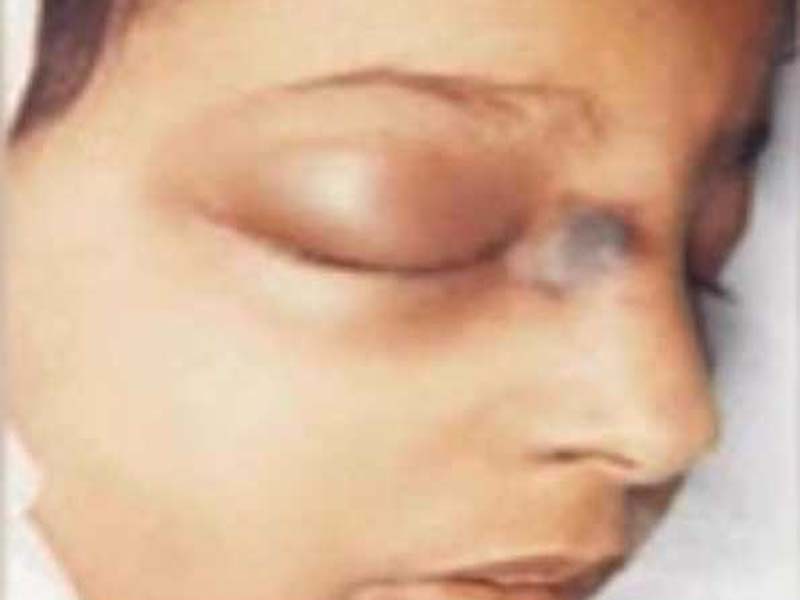Contaminated hospital settings, a major reason for spike in black fungus cases: Dr Purohit
Pune, May 24 : India has reported more than 8,000 cases of black fungus so far and estimated prevalence of mucormycosis is nearly 70 times higher in India than the global average while mortality associated with mucormycosis, too, is as high as 50 per cent.
Contaminated hospital settings among others can also be one of the major reasons for the spike in mucormycosis or ‘black fungus’ cases among immunocompromised Covid patients and those who have recovered from the infection in the country, Executive Member of the Federation of Hospital Administrator Dr Naresh Purohit told UNI here after addressing a webinar on “Dangers posed by Black Fungus Amid COVID.” organised by Maharashtra University of Health Sciences, Nashik on Monday.
Acclaimed Epidemiologist Dr Purohit warned though Rhizopus arrhizus is the most common etiological agent of mucormycosis in this country, infections due to fungi species like Rhizopus microsporus, Rhizopus homothallicus, and Apophysomyces variabilis are rising.
He called upon the health authorities to ramp up the facilities to manage the cases. Many States in India have already notified the disease.
International Nosocomial Infection Control Consortium (INICC), Member-Dr Purohit pointed that as mortality associated with the black fungus is as high as 50 per cent, reports of deaths have started trickling in from umpteen districts of Maharashtra which are facing acute shortage of the anti-fungal jab, Amphotericin B.
“Not only diabetics but even those who have undergone transplants, or are suffering from pulmonary tuberculosis, chronic kidney disease, as well as critically-ill people, besides those who are malnourished, are equally vulnerable to the disease because of the weak immunity caused by the steroids given to them during Covid management,” he added.
Citing his recent scientific report published in the Indo-Pacific Journal of Infection Control,
Principal Investigator for National Integrated Disease Surveillance Programme Dr Purohit averred that hospital-acquired infections among patients in India have always been a matter of concern. The tropical climate of our country is a perfect environment for mucor spore to grow, there have been many surveillance studies that have revealed heavy mold spore counts in hospital wards.
He said that the infections are caused due to the lack of compliance with infection control guidelines, such as hand hygiene, use of outdated technology, misuse or excessive use of antibiotics and more.The environment, both indoor and outdoor, has a higher mucor spore count. This means that the spores (microscopic biological particles that allow the fungi to reproduce) belonging to the mucor group are present in the air in high numbers.
Noted Infectious Disease Expert Dr Purohit stated that these infections are further leading to morbidity, mortality and increased financial burden among patients. Implementation of proper guidelines and preventing the infection with bacterial resistance rather than treating it with antibiotics will help reduce the disease burden.
“Diabetes mellitus is the most common underlying disease, followed by hematologic malignancies and solid-organ transplants. However, mucormycosis in the immunocompetent host is an alarming threat to the Indian population,” he explained.
Experts in the webinar asserted that once the patient has recovered from Covid-19 and is discharged from hospitals they should be provided with guidelines about the early symptoms of mucormycosis and should also be advised to seek immediate medical help on detection of any such symptoms.
Experts suggested that basic hygiene and sanitation remains the key. Aeromicrobiological monitoring in and around the hospitals, better indoor air quality, cleanliness of contaminated air-conditioning systems, sanitation of the oxygen- generating filling units and cylinders etc. need immediate and regular attention.(UNI)



